Our history
The UNSW Fatigue Clinic was established in 2007 and has successfully championed the strong links between scientific research and clinical service since that time, with a goal of delivering the best possible clinical benefits to patients and to guide research developments. The Clinic was established to operate on a non-profit basis with the running costs for the clinical services partially offset by Medicare reimbursements.
The goal of the treatment service (i.e. the Clinic Program) is to reduce the severity of symptoms and to improve day-to-day capacity for physical and cognitive (thinking) activities. The Program provides treatment for people affected by medically-unexplained fatigue conditions including CFS, PCF, PVFS, and PIFS.
The rationale for the Clinic Program at its inception was to combine the existing evidence-based interventions (i.e. treatments which had been shown to be consistently effective in randomised controlled trials across more than one centre) into a coordinated program, The key elements of this established evidence base were for graded exercise therapy (GET) and cognitive behavioural therapy (CBT). In addition, the design of the Program incorporated other elements of recommended best practice including: education about the illness and its natural history; activity pacing which is a critical precursor to GET; and standard management of common complicating issues such as disturbances in sleep-wake routine, anxiety and depression, and difficulties in coping with chronic illness.
The Clinic Program was designed to include each of these standardised interventions, but in an individually-tailored program (i.e. considering the relative priority for each intervention for each patient). The Program was systematically evaluated and found to be effective in reducing symptom severity and improving functional capacity1. Importantly, in contrast to some concerns about the safety of GET, the individually-prescribed and carefully monitored exercise program has been shown not to trigger sustained worsening of symptoms.
Based on the mission of the UNSW Fatigue Clinic to develop improved treatments, the addition of an equivalent to GET targeting the commonly reported difficulties in concentration and memory was developed, piloted2 and then formally evaluated and found to be effective3. This component of the Clinic Program has been termed cognitive exercise therapy (CET) and is now incorporated as part of the improved intervention.
Research studies conducted by members of the UNSW Fatigue Clinic in collaboration with cancer specialists at Prince of Wales Hospital, revealed that the illness characteristics and natural history of chronic fatigue occurring after cancer treatment was closely comparable to those of PIFS and CFS4,5 Accordingly, the team formally evaluated the benefits of the CBT/GET intervention for patients with post-cancer fatigue (PCF)6. This study revealed that the Clinic Program was also effective and safe for patients with PCF.
Our People
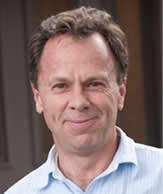
Professor Andrew Lloyd
Director
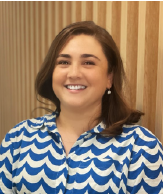
Dr Carolina Sandler
Co-Director
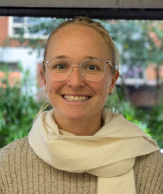
Ms Anika Slatin
Practice Manager
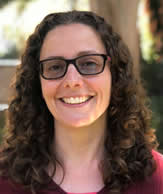
Ms Sarah Masters
Clinical Psychologist
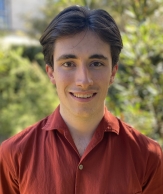
Mr Jack Devonshire
Exercise Physiologist
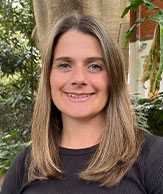
Mrs Jennifer McBride
Exercise Physiologist
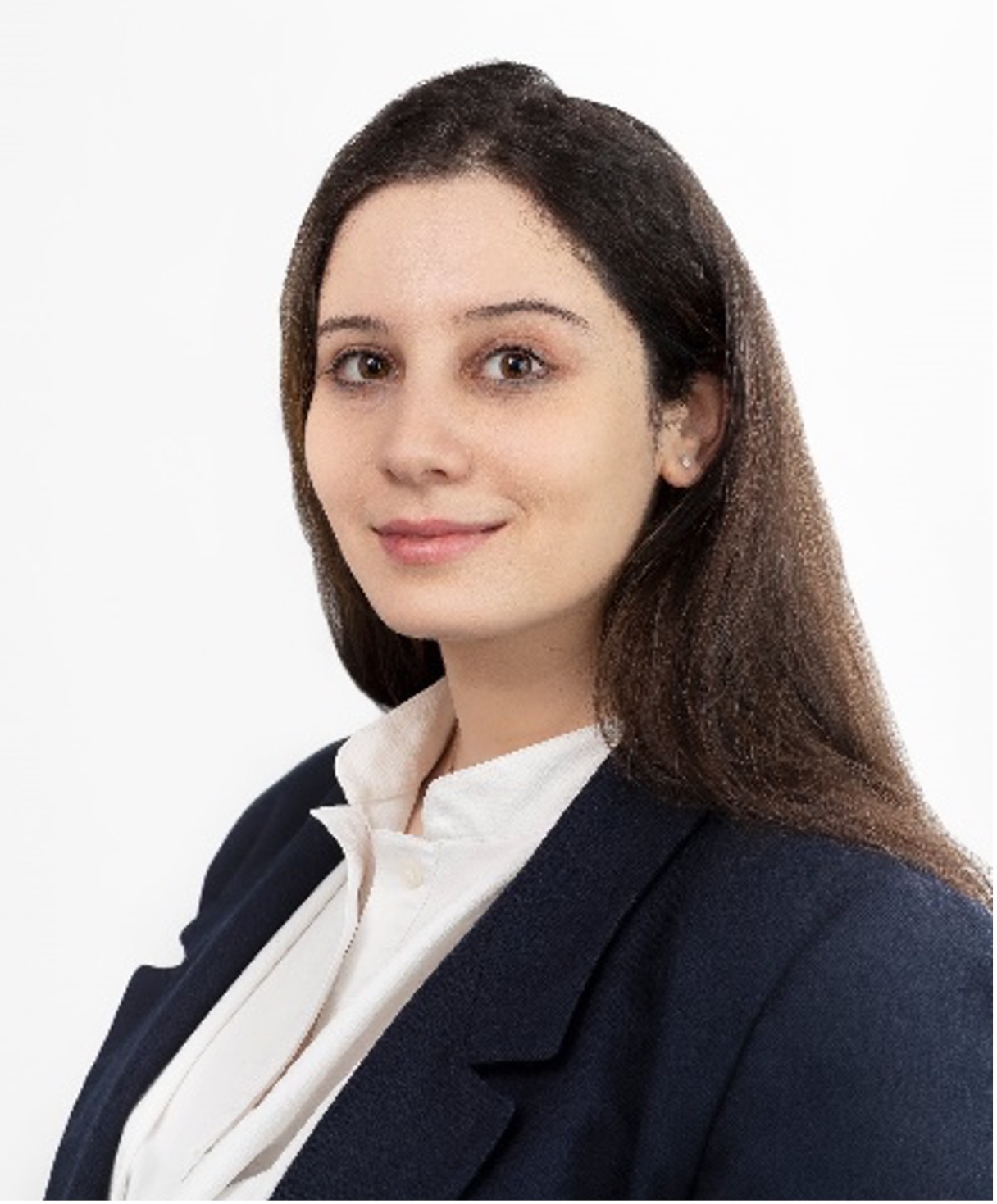
Mrs Anastasia Serafimovska
Clinical Psychologist
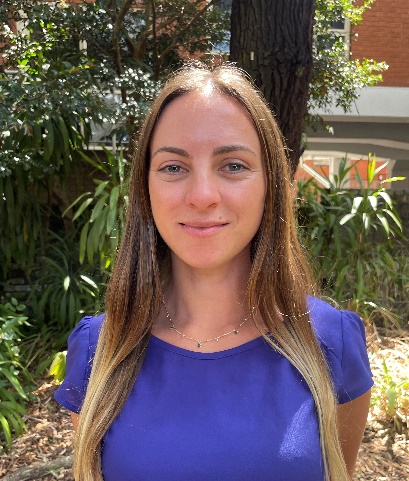
Mrs Melanie Katzos
Exercise Physiologist
1 Sandler CX, Hamilton BA, Horsfield SL, Bennett BK, Vollmer-Conna U, Tzarimas C, Lloyd AR. Outcomes and predictors of response from an optimised, multidisciplinary intervention for chronic fatigue states. Intern Med J. 2016 Dec;46(12):1421-1429. doi: 10.1111/imj.13251
2 Cvejic E, Lloyd AR, Vollmer-Conna U. Neurocognitive improvements after best-practice intervention for chronic fatigue syndrome: Preliminary evidence of divergence between objective indices and subjective perceptions. Compr Psychiatry. 2016 Apr;66:166-75. doi: 10.1016/j.comppsych.2016.02.002. Epub 2016 Feb 9
3 McBride RL, Horsfield S, Sandler CX, Cassar J, Casson S, Cvejic E, Vollmer-Conna U, Lloyd AR. Cognitive remediation training improves performance in patients with chronic fatigue syndrome. Psychiatry Res. 2017 Nov;257:400-405. doi: 10.1016/j.psychres.2017.08.035. Epub 2017 Aug 18
4 Bennett B, Goldstein D, Friedlander M, Hickie I, Lloyd A. The experience of cancer-related fatigue and chronic fatigue syndrome: a qualitative and comparative study J Pain Symptom Manage. 2007 Aug;34(2):126-35. Epub 2007 Jun 4
5 Goldstein D, Bennett BK, Webber K, Boyle F, de Souza PL, Wilcken NR, Scott EM, Toppler R, Murie P, O'Malley L, McCourt J, Friedlander M, Hickie IB, Lloyd AR. Cancer-related fatigue in women with breast cancer: outcomes of a 5-year prospective cohort study J Clin Oncol. 2012 May 20;30(15):1805-12. doi: 10.1200/JCO.2011.34.6148. Epub 2012 Apr 16.
6 Sandler CX, Goldstein D, Horsfield S, Bennett BK, Friedlander M, Bastick PA, Lewis CR, Segelov E, Boyle FM, Chin MTM, Webber K, Barry BK, Lloyd AR. Randomized evaluation of cognitive-behavioural therapy and graded exercise therapy for post-cancer fatigue. J Pain Symptom Manage. 2017 Jul;54(1):74-84
